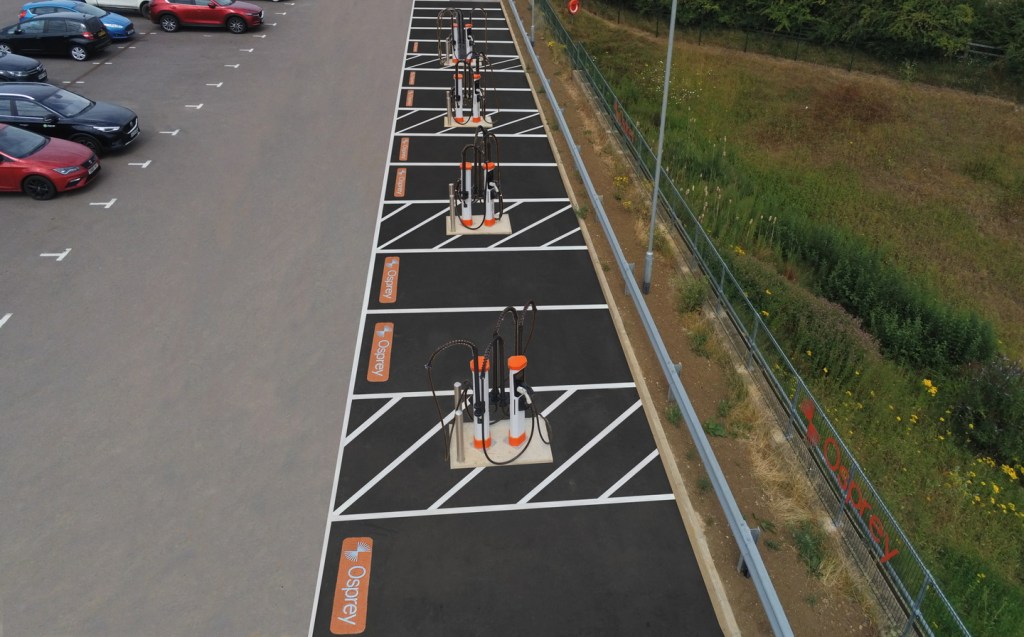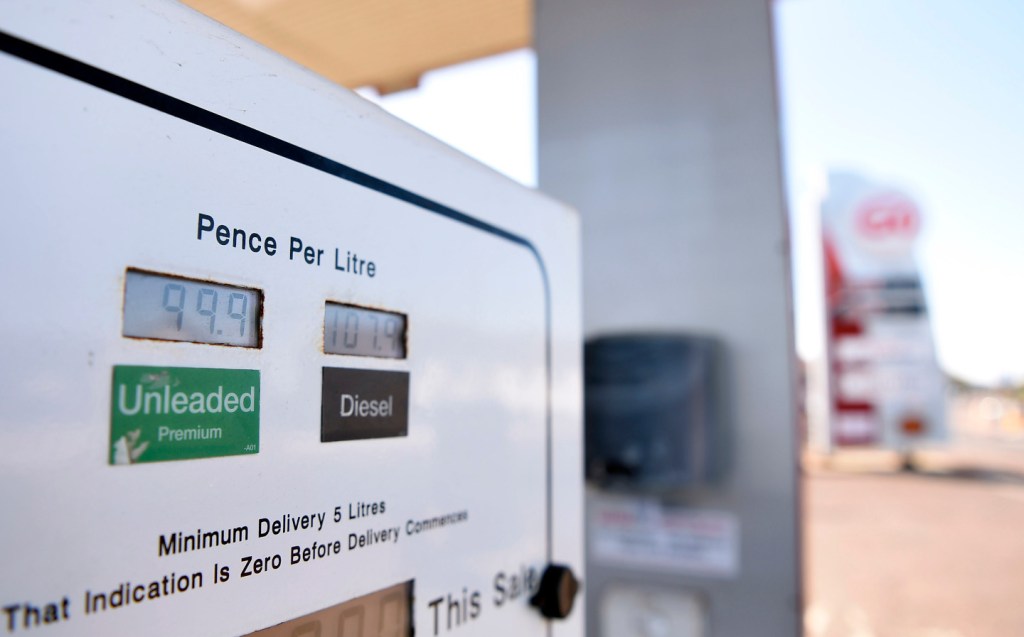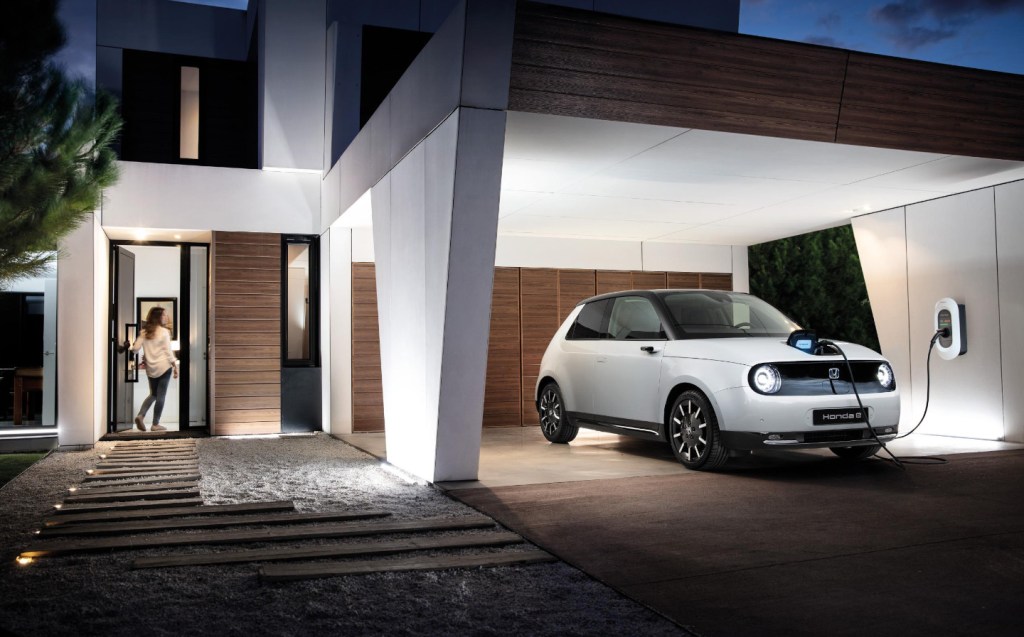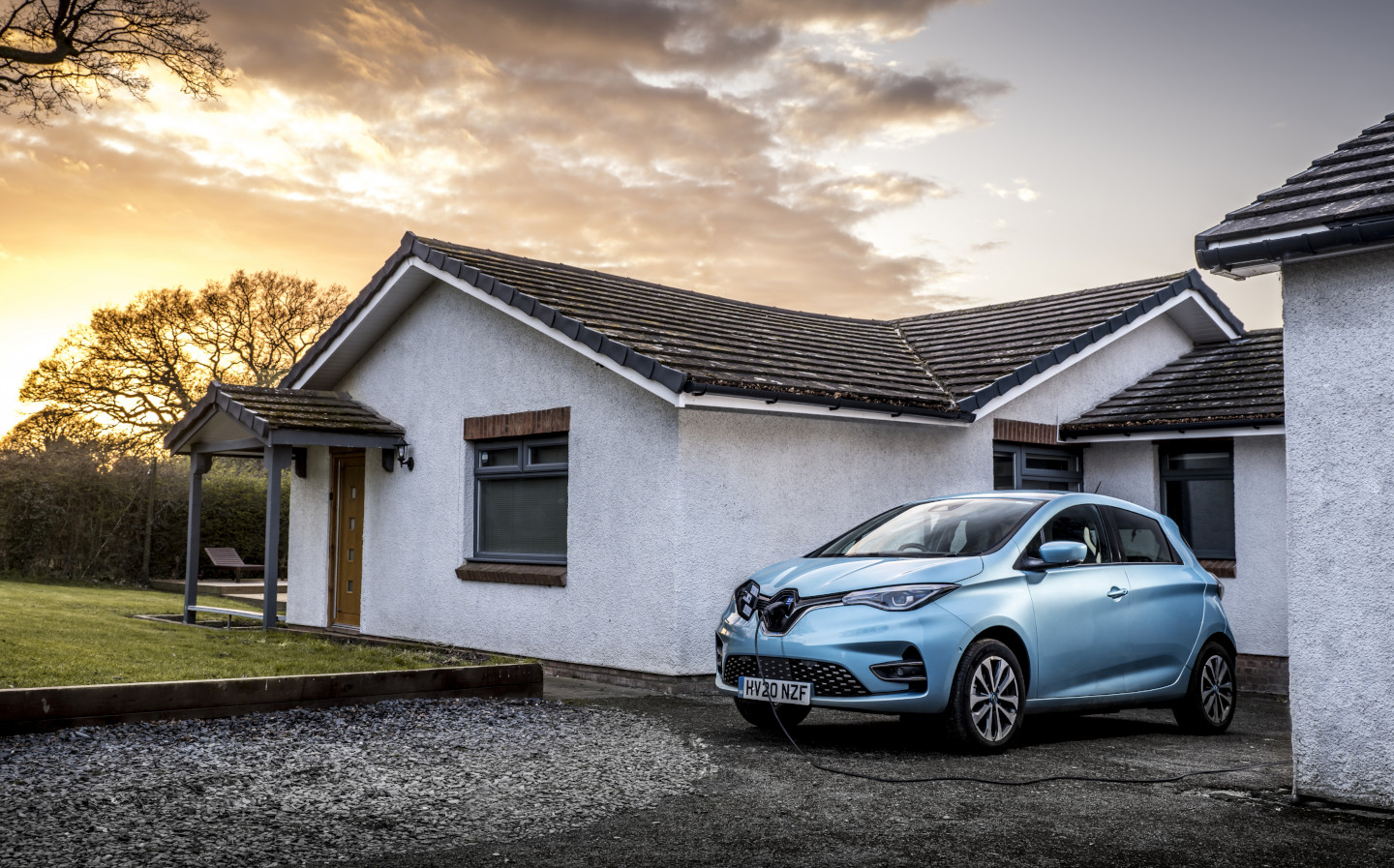Three fifths of drivers put off electric cars by rising home energy prices
Could the rapid uptake be about to slow?
Some 63% of drivers say that the rising cost of domestic energy is now a deterrent against buying or owning an electric vehicle, according to the results of a new survey by the AA.
The survey of more than 12,500 drivers found that one in ten claimed that the spiralling cost of energy — driven largely by high gas prices as a result of Russian retaliation against western sanctions following the invasion of Ukraine — was the single main reason for sticking with a petrol or diesel car.
The AA survey is the latest of many such polls underscoring the wider impact of the energy crisis on the public attitude towards electric vehicles, with another by Rivervale Leasing finding that out of the 43% of motorists who felt that the UK would never be fully ready for the wholesale switch to electric cars, the highest proportion — 21% — cited rising energy costs and the potential for higher home energy tariffs as the most pressing disincentive.
‘Even with the hike in domestic electricity costs, running an EV is considerably cheaper than a petrol or diesel car’
Earlier this month, the electric vehicle charging company Osprey announced a massive price hike that saw the cost of recharging using one of its fast public chargers reach a record high of £1 per kilowatt hour, making Osprey by far the most expensive charging network in the UK.

The company claimed that soaring energy costs and no energy price cap for businesses were the main reasons behind its decision to raise its prices.
In August, the government announced a household electricity price cap of 52p per kilowatt hour, which, at the top end, would have meant that many electric cars normally charged at home would have potentially been comparable in their running costs to those of diesel vehicles.

The new Energy Price Guarantee announced on September 8 and due to go into effect from October 1, however, is likely to work out at around 34p per kilowatt hour, meaning that charging an electric vehicle at domestic rates will still work out far cheaper than running a combustion-powered vehicle.
“With domestic energy prices rising, drivers can be forgiven for believing switching to an EV will become expensive quickly,” said Jack Cousens, head of roads policy at the AA.
“However, the reality is that even with the hike in domestic electricity costs, running an EV is considerably cheaper than a petrol or diesel car.
“With much focus on the 2030 ban on the sale of new combustion cars and vans, lawmakers need to keep a watchful eye on how energy prices will impact the transition to electrification as much as the traditional barriers to ownership.”
Comparing running costs
According to research by What Car? magazine, with diesel currently around £1.80 per litre, a diesel car returning 60mpg will work out at around 13p per mile to run versus around 8p per mile for the average electric vehicle — even those that are charged at public chargers (not including expensive rapid chargers such as Osprey’s).
Other research by Which? calculated that over the average 8,100 miles that UK motorists cover every year, an electric city car (with an energy consumption figure of 3.53 miles/kWh) will cost 9.6p per mile to run with the average medium-to-large electric SUV (energy consumption: 2.6 miles/kWh) working out at 13p per mile.

In energy terms, the majority of electric vehicles then are still cheaper to run than their diesel equivalents, but the near parity between the running costs of a large electric SUV and a diesel car underscores how much electricity prices have risen since the beginning of the year.
Even before the positive zero-tailpipe-emissions aspect of running an electric car is considered though, there is still a financial advantage in terms of overall running with much lower servicing costs and Vehicle Excise Duty (road tax), something that isn’t lost on the respondents to the AA’s survey.
A quarter of those surveyed said that even the current spate of energy price hikes has not put them off buying an electric car.
Related articles
- After reading that buyers are being put off EVs because of the energy cost crisis, check out our seven tips for improving fuel economy
- Here are 10 ways to save money on your car insurance
- And have you been wondering if now is the time to buy an electric car? Here’s what we think
Latest articles
- Seven great automotive events to visit this summer, from F1 to art and champagne
- Watch new Porsche 911 GT3 smash Nürburgring record for manual cars
- Skoda Elroq 2025 review: Czech carmaker can’t seem to miss with its electric family cars
- Five best electric cars to buy in 2025
- Should I buy a diesel car in 2025?
- F1 2025 calendar and race reports: The new Formula One season as it happens
- Zeekr 7X AWD 2025 review: A fast, spacious and high tech premium SUV — but someone call the chassis chief
- Denza Z9GT 2025 review: Flawed but sleek 1,062bhp shooting brake from BYD’s luxury arm
- Extended test: 2024 Renault Scenic E-Tech review














